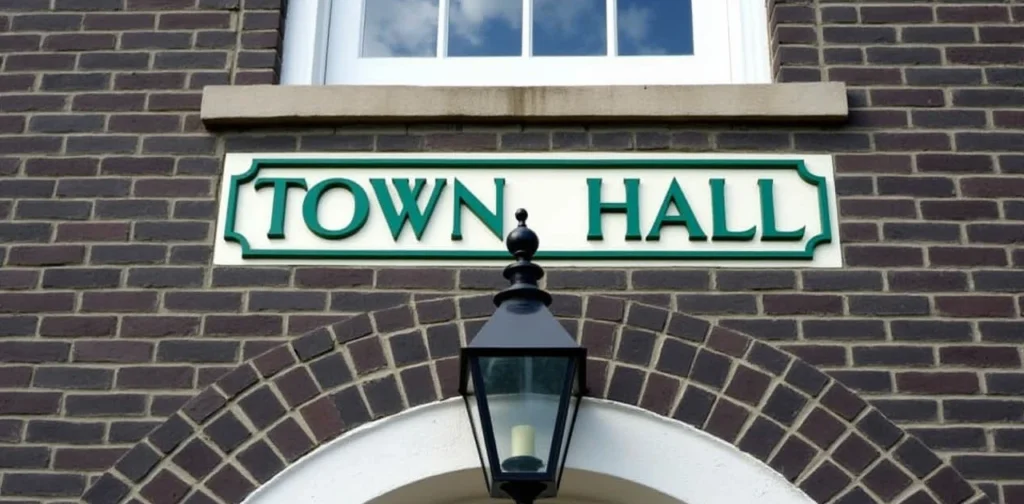
Operations, powers, and obligations of local authorities in the United Kingdom are governed by local government law. Promoting openness and accountability in local government depends on your clear understanding of this legal framework, whether you are a concerned citizen, a local councillor, or a legal practitioner seeking guidance.
In the United Kingdom, local government is regulated by a complex set of laws, rules, and case rulings. Local councils operate based on key legislation such as the Local Government Act 1972, the Local Government Finance Act 1992, and the Localism Act 2011. These statutes define the authority, responsibilities, and limitations that local authorities must observe, ensuring that their actions comply with the law and serve the public interest. This framework is closely aligned with the principles of administrative law and regulatory law.

One of the defining features of local government law is the devolution of power to local authorities. The Localism Act 2011, for example, introduced the general power of competence, which permits councils to implement policies and make decisions in areas not expressly restricted by national law. This decentralisation has empowered local governments to manage issues such as public health, social care, housing, and planning more effectively.
Local authorities are responsible for a wide range of services including waste collection, environmental management, housing, education, and public safety. The legal framework mandates transparent decision-making through public accountability and consultation, ensuring that councils remain answerable to the community. These legislative obligations are underpinned by broader principles found in human rights law which help protect citizens’ interests.

The funding of local government projects is a complex matter, with income derived from central government funding, council tax, business rates, and borrowing. Robust oversight mechanisms, including formal audits and scrutiny committees, ensure that councils manage their finances responsibly. These processes are often subject to review through judicial review and supported by principles of financial remedies to safeguard fiscal integrity.

Drawing on almost 12 years of legal services and dispute resolution experience, RakLAW provides clear, pragmatic advice on local government law. Our team is well-versed in the nuances of council authority, statutory obligations, and regulatory compliance. Whether your concerns relate to financial oversight, public inquiries, or planning appeals, our experts are ready to offer customised guidance to help you navigate this challenging legal landscape.
Ensuring that public authorities operate with integrity and accountability depends on a strong understanding of local government law. This legal framework protects justice and transparency, fosters effective service delivery, and empowers citizens. If you require further guidance or wish to explore your legal options, consider seeking expert advice to ensure that local government continues to function in a fair and lawful manner.

Candidates for a UK family visa must have a qualifying relationship with a UK resident—that of a spouse, partner, child, parent, or relative requiring long-term care. Candidates also have to pass specific English language and financial requirements. On the official UK government website, one may get all the necessary information.
Usually, applications for UK family visas are made online via the official gov.uk website. Steps include completing the application form, supplying required proof of the relationship and fulfilling other criteria, and paying the relevant fees. The UK government website offers thorough direction but if you are unclear or need legal guidance and support, feel free to give us a call on 0203 345 2000.
Sponsors of the spouse or partner visa application have to show a minimum annual income, which is £29,000 per year as of the most recent changes. This number is subject to change hence it is advisable to refer to the most recent policies on the website of the UK government.
Yes, assuming you still fit the eligibility criteria, you can seek to extend your stay. Or you can change to another family visa category if you are already in the UK on a family visa. Applications have to be made before your present visa runs out.
Further information can be found on the official gov.uk website otherwise if you are looking for legal guidance and support throughout the entire visa process, feel free to give us a call on 0203 345 2000 or complete a callback request form on this page.

Please provide as much information as you can using this form. This will help us save time by having the most appropriate and relevant team member to contact you.
If you prefer not to share information in writing, you can request a callback using any of the other forms above.
Please make sure to send us your mobile number and email address so that we may contact you promptly.
RakLAW Solicitor Ltd is regulated and authorised by Solicitors Regulation Authority, SRA No. 8007405 and is a company registered in England & Wales under company number 14835989 Registered Office: 42 Shad Thames, London, SE1 2YD